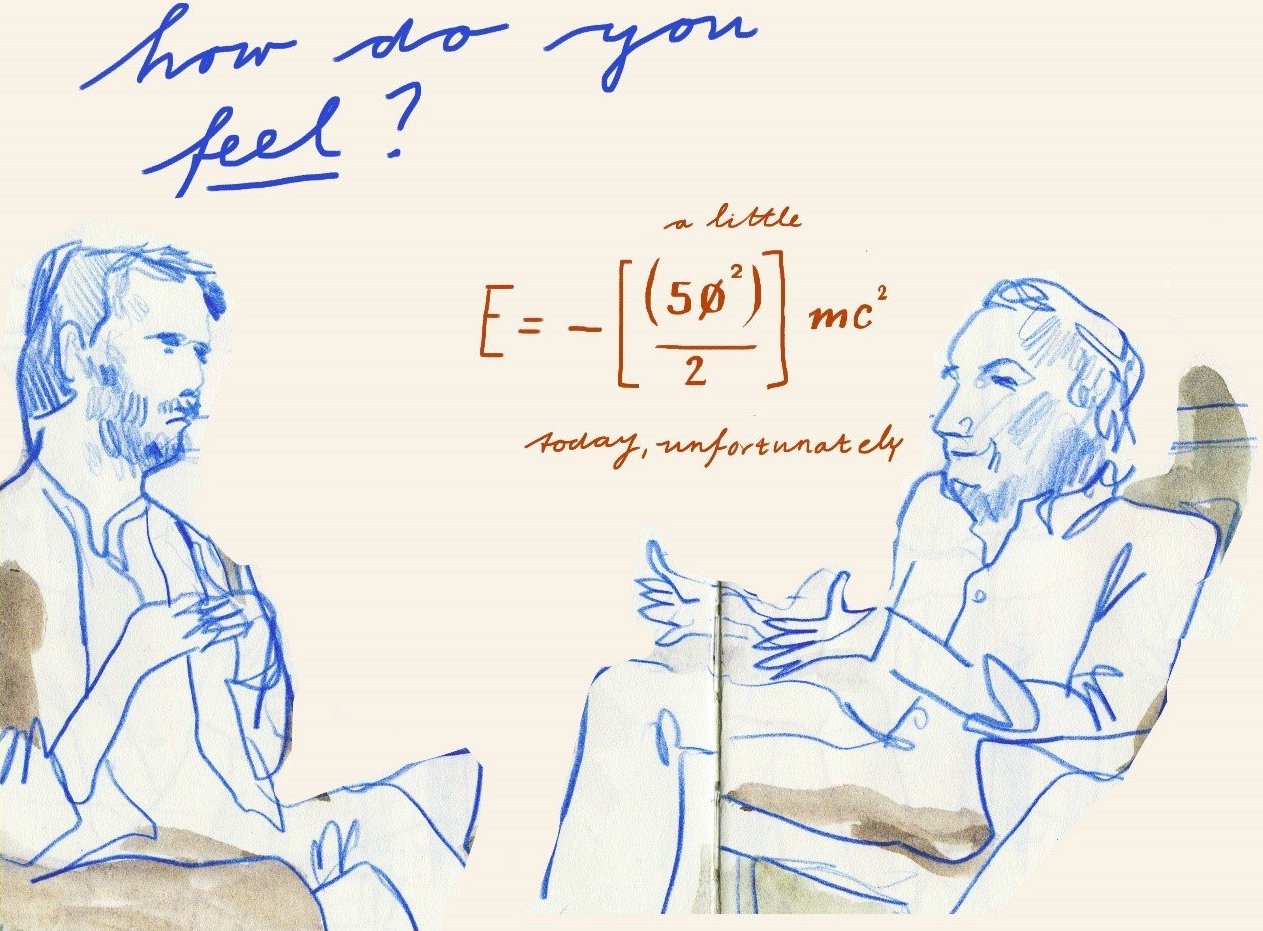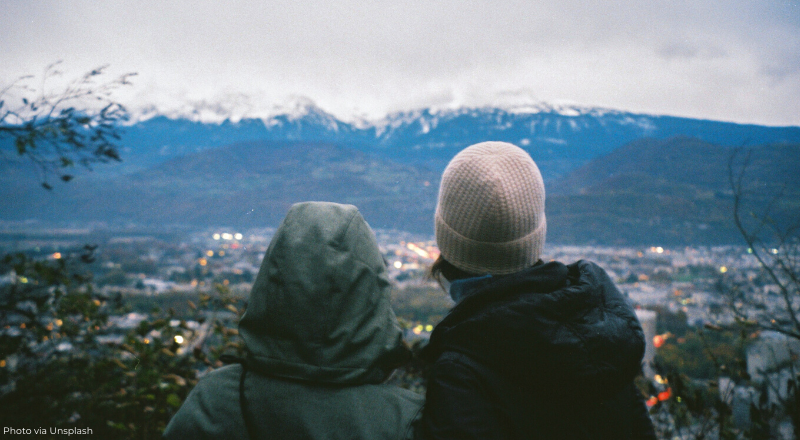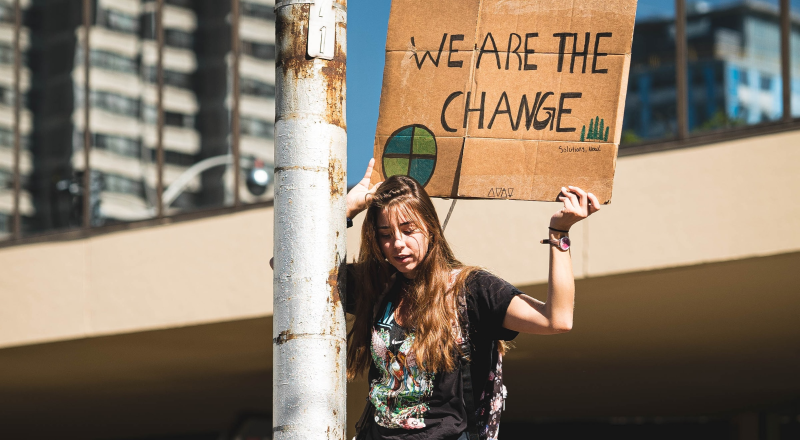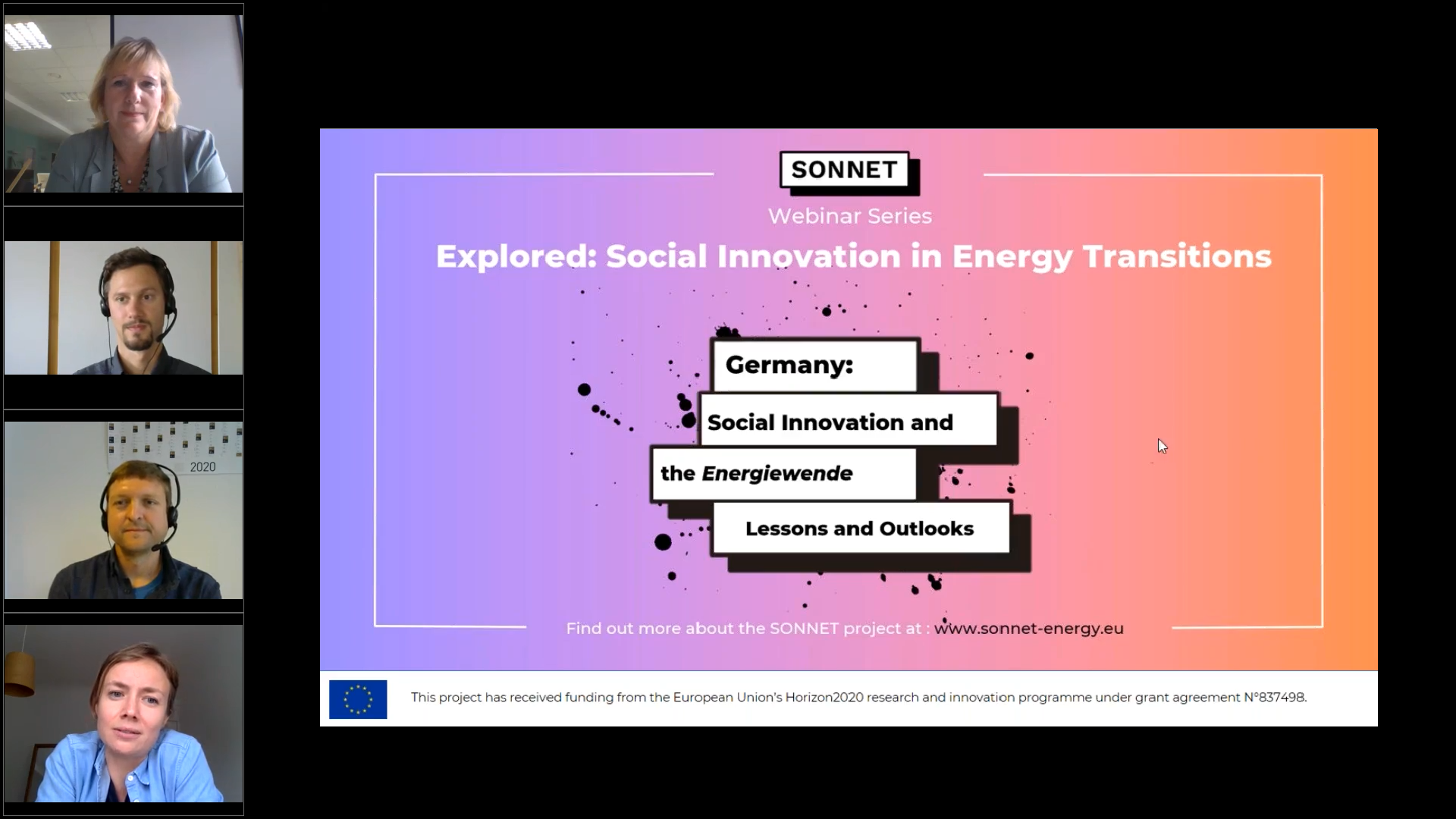“Bestselling” the energy transition: A three-step guide to mobilising humanity
Maria Fraaije is a researcher at DRIFT working on the SONNET project. In a recent blog post, she reflects on how we can frame the energy transition to make it a “best seller.” Read the original post here. Text and illustrations by Maria Fraaije.
Given that the energy transition aims to mobilise the masses, it is in desperate need of a better story. Maria Fraaije wonders: how do we turn the energy transition into a bestseller?
The energy transition is a challenge that concerns us all, but is fought during office hours by a select few. The fight buzzes through office halls from nine to five, nine to nine, nine to ten – then stops, before dissipating into the air during our tired train rides home.
The Dutch climate agreement, calls on us all to enter this battlefield, requiring citizens and a variety of sectors to play a part.
‘If the energy transition is a book we’re all supposed to read, it is surely very poorly written.’
Unfortunately, the invitation to join the fight couldn’t be less enticing. It usually features jargon that is difficult to follow, and a storyline so confusing that scientists have been led to mysteriously dub the whole thing a “complex system.” In sum: if the energy transition is a book we’re all supposed to read, it is surely very poorly written.
‘How do we turn the energy transition into a bestseller?’
Amidst chaos and confusion, language is key. If the energy transition is to mobilise the masses, it desperately needs a better story. Thus, I wonder: how do we turn the energy transition into a bestseller?

Step 1: Write an amazing recap
Renewable energy, carbon tax, feed-in tariffs, energy storage: think of these as new characters of a Netflix show for which you have missed the first five seasons. No wonder you can’t connect to the energy transition – you haven’t been introduced to its characters, their backstories and secret longings.
Meet Renewable Energy for instance, the Achilles of our story, whose vulnerable heel is its quivering sense of loyalty. He pops out whenever he wishes, leaving us desperate for electricity at unexpected hours.
Carbon Tax is our child star who disappeared from the public eye after its parents underwent a difficult divorce, which was increasingly about the parents (“you don’t get to touch my coal industry!”) and less about the kid (“all I want is a fair price”).
Waiting in the wings of our play, dwells Energy Storage: an eager but unfortunate amateur awkwardly playing the lead whenever Renewable Energy’s unpredictable nature leaves its fellow cast members desperate for a replacement.
The energy transition is filled with intrigue that Shakespeare wouldn’t shy away from. However, it is lost in language no one can relate to. With decentralisation high on the political agenda, it’s time we start writing this story for lay audiences. For now, let’s recap.
Step 2: Open the doors to the book store
Imagine walking into a bookstore on a dreary Sunday afternoon. You’re quite in the mood to enlighten yourself with the latest hit book in the energy land series, but after some thorough browsing find yourself empty handed. “Sorry,” the clerk explains apologetically, “I’m afraid energy literature is in the closed book section,” before quickly adding, “do you wish to pay €199 for a three month membership?”
This anecdote might seem bizarre, but it is the reality in the world of energy news.
For example, Energeia is a subscription offered as part of the Dutch financial newspaper, through which readers get sent energy news updates on a daily basis. If we are to believe former politician Ed Nijpels, it is a “must for any energy professional.” However, with a 3-month membership costing a staggering €199, I daresay it surely doesn’t cater beyond this “professional” audience.
Luckily, platforms such as HIER opgewekt and Amsterdam 02025 are available for a general audience, and ensure they have a place to learn.
But this begs the question: how can citizens and professionals form a shared vision, when they engage on different platforms? For citizens and professionals to be the co-authors of the transition we require, we need Energeia to open the doors to their book store.
Step 3: Tell the whole story
While technicians beg for bigger turbines, social scientists see the crux of the transition lying in a different realm.
Imagine a world where wind turbines are rebelled against, electricity consumption reaches enormous levels, and energy storage remains a fleeting construct without a place in our institutional world.
‘For this thing to work, we need innovation beyond technology.’
Too often, technological solutions play the lead in this story that, in fact, encompasses so much more than that. For this transition to work, we need innovation beyond technology. Coincidentally, this is exactly how I like to define ‘social innovation’ at parties.
Social innovation in the energy transition encompasses citizens uniting in cooperatives to invest in solar energy; grid operators working together with communities to facilitate a stable supply of electricity; and users adjusting their consumption hours to account for renewable energy’s intermittent nature.
‘If we are to write a bestseller, let’s write one that tells the whole story.’
In a rapidly changing world, social innovation is a concept that includes one element that is crucial to the energy transition: humanity. If we are to write a bestseller for the energy transition, let’s write one that tells the whole story.

To fight the system, let’s start with its language
The battlefield of the energy transition is increasingly stretching beyond office hours, as citizens and a multitude of sectors are being brought into its complexity.
But how can they engage with it, when its story is so uninviting?
With climate change tugging on our coats, knocking on our doors, and raising its voice, it’s time we start writing the page-turner this transition requires.
If we can’t fight the system, let’s at least fight the story. And then, who knows? Perhaps we’ll write a bestseller while we’re at it.





 The project has received funding from the European Union’s Horizon 2020 research and innovation programme under grant agreement No 837498.
The project has received funding from the European Union’s Horizon 2020 research and innovation programme under grant agreement No 837498.